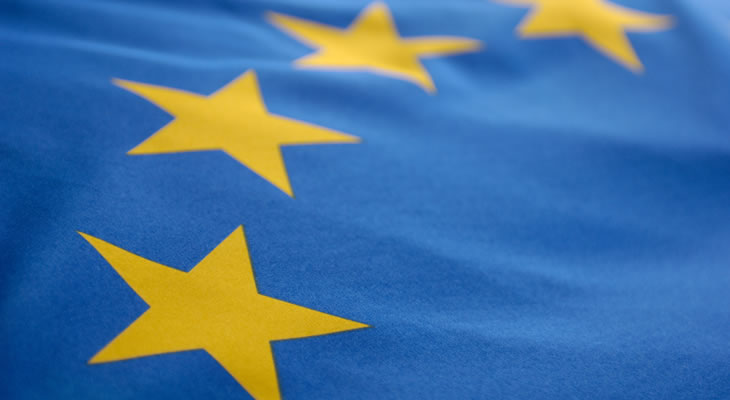As the fallout from the German election results continues the Pound extended its gains against the Euro, benefitting from the increased sense of political uncertainty within the Eurozone.
The mood towards the single currency soured further in response to a disappointing German import price index, which stagnated on the month in August.
This suggests that inflationary pressure within the Eurozone’s powerhouse economy is not picking up as investors might hope, reducing the likelihood of the European Central Bank (ECB) taking a more hawkish view in the near future.
Overall, the outlook for the currency union is not overly positive at this juncture, leaving the Euro vulnerable to further softness.
As Viraj Patel, research analyst at ING, noted:
‘Not only does it risk slowing down any Merkel-Macron attempts for a deeper EZ integration, we suspect the rise of the populist AFD party is likely to provide a reality check on the way investors view EZ political risks. Indeed, since the French elections, we’ve noted that the EUR may have been playing the role of a ‘political haven’ – especially when taking stock of the political risks plaguing the likes of other G4 currencies (namely USD and GBP). However, the return of the ‘populist voter’ in a European election is a reminder that political risks haven’t completely abated for the Euro – especially with the spectre of the possibly more contentious Italian elections looming in early 2018.’
Even so, if Thursday’s German consumer price index data betters expectations this could weigh heavily on the Pound Euro exchange rate.
Any solid uptick in inflation could increase the pressure on ECB policymakers to begin tapering their quantitative easing program sooner rather than later.
However, as the ECB has been quick to dismiss rising inflationary pressure as merely the result of transitory influences even a strong showing may struggle to significantly boost the appeal of the single currency.
Pound Volatility Likely on BoE Rate Hike Speculation
Brexit-based jitters eased somewhat at the start of the week, meanwhile, offering some measure of support to the Pound.
As markets are still hopeful that negotiations will show greater signs of progress in the wake of Theresa May’s Florence speech the downside potential of Sterling eased.
A better-than-expected BBA mortgage approvals figure for August encouraged the GBP EUR exchange rate to extend its gains further on Tuesday, suggesting that the UK housing market is in a healthier state.
Speculation over the likelihood of a 2017 interest rate hike from the Bank of England (BoE) could dampen the appeal of the Pound, however.
If BoE Governor Mark Carney adopts a less hawkish tone in comments on Thursday this may weigh heavily on the GBP EUR exchange rate.
An uptick in August’s net consumer credit figure could also dent the Pound, given the BoE’s recent warnings over the increasing reliance on debt within the UK economy.


Comments are closed.